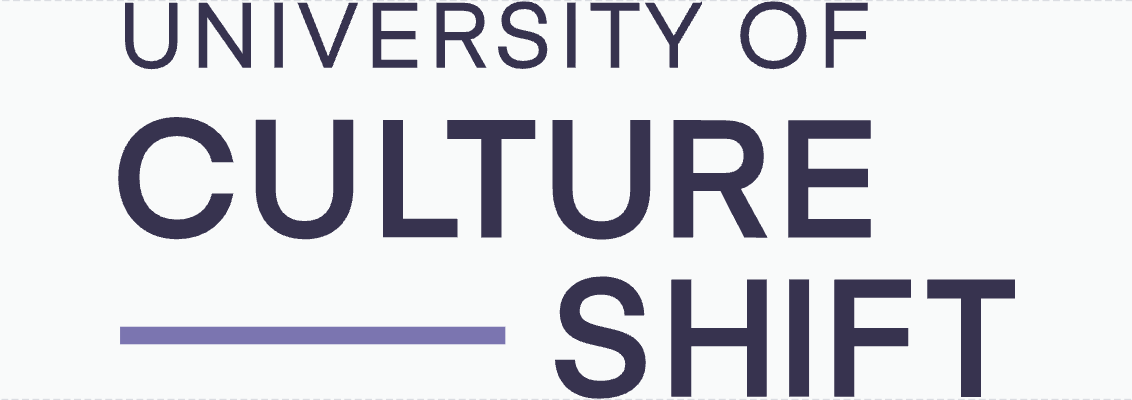Freedom of Speech
What is free speech?
Free speech is the freedom to impart ideas, opinions or information through speech, writing or images.
Why is free speech important?
The purpose of higher education is the pursuit of knowledge and having the freedom to challenge conventional wisdom. The ability to freely express opinions and ideas is essential in a research and learning environment. To debate and innovate the free exchange of ideas is paramount, and the University is proud to uphold these ideals and does so through our free speech code of practice [insert link].
Universities must secure free speech for all students, staff and visitors.
How do I know if someone’s behaviour is protected by free speech?
Under the Higher Education Freedom of Speech Act, shocking, offensive or hurtful speech is permissible. It is not permitted for such speech to become bullying, harassment, discrimination or hate speech. You can read our definitions of these on our support pages. [Link].
EHRC guidance states that the harassment provisions of the Equality Act 2010 cannot be used to undermine academic freedom. Learning experiences may include exposure to course material, discussions or speakers’ views that some may find offensive or unacceptable, and this is unlikely to be considered harassment under the Equality Act.
The university details behaviours that aren’t acceptable in our policies. These definitions are there to help you understand if you may have been subjected to conduct that is not permissible.
What should I do if I think there has been unlawful speech that may amount to harassment, discrimination or hate speech?
[Insert information about your reporting process here]
What should I do if I think that my free speech has been limited?
[Insert information about your reporting process here]
You can access support if you experience offensive or hurtful speech.
Views expressed during debate and discussion may be shocking, offensive or hurtful, even if they are lawful and permissible within the university. We recognise that this can have an impact on people, especially if related to a person's identity or beliefs. While this type of offensive or hurtful speech wouldn’t be investigated by the university or any other complaints process, such as the Office for the Independent Adjudicator, we still recognise the impact such debates may have. We encourage those impacted by offensive or hurtful speech to seek support should you need to.
